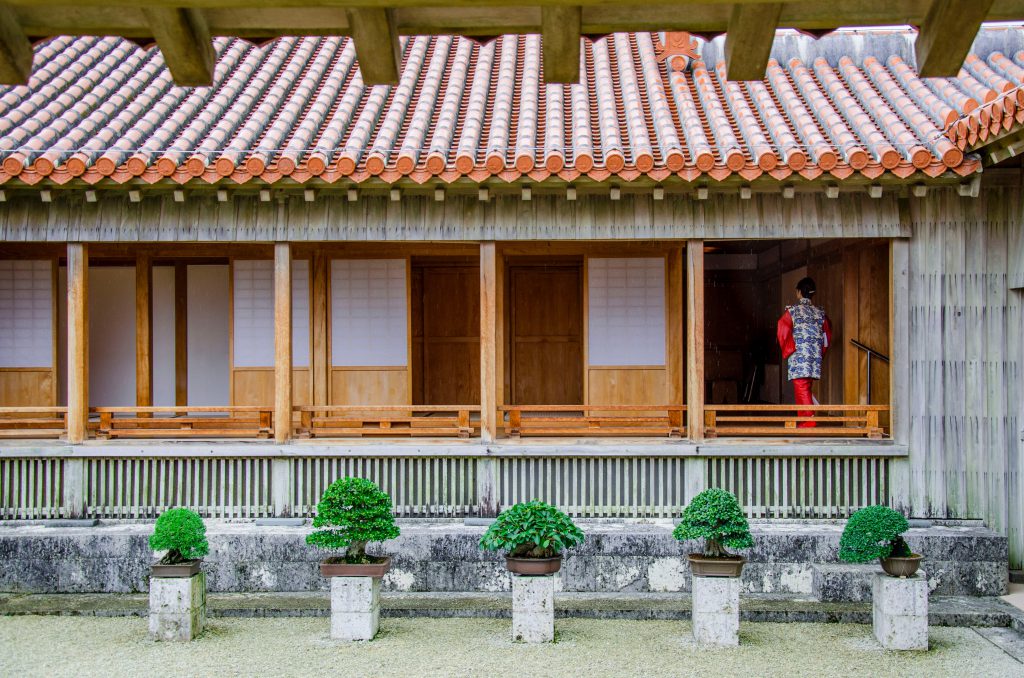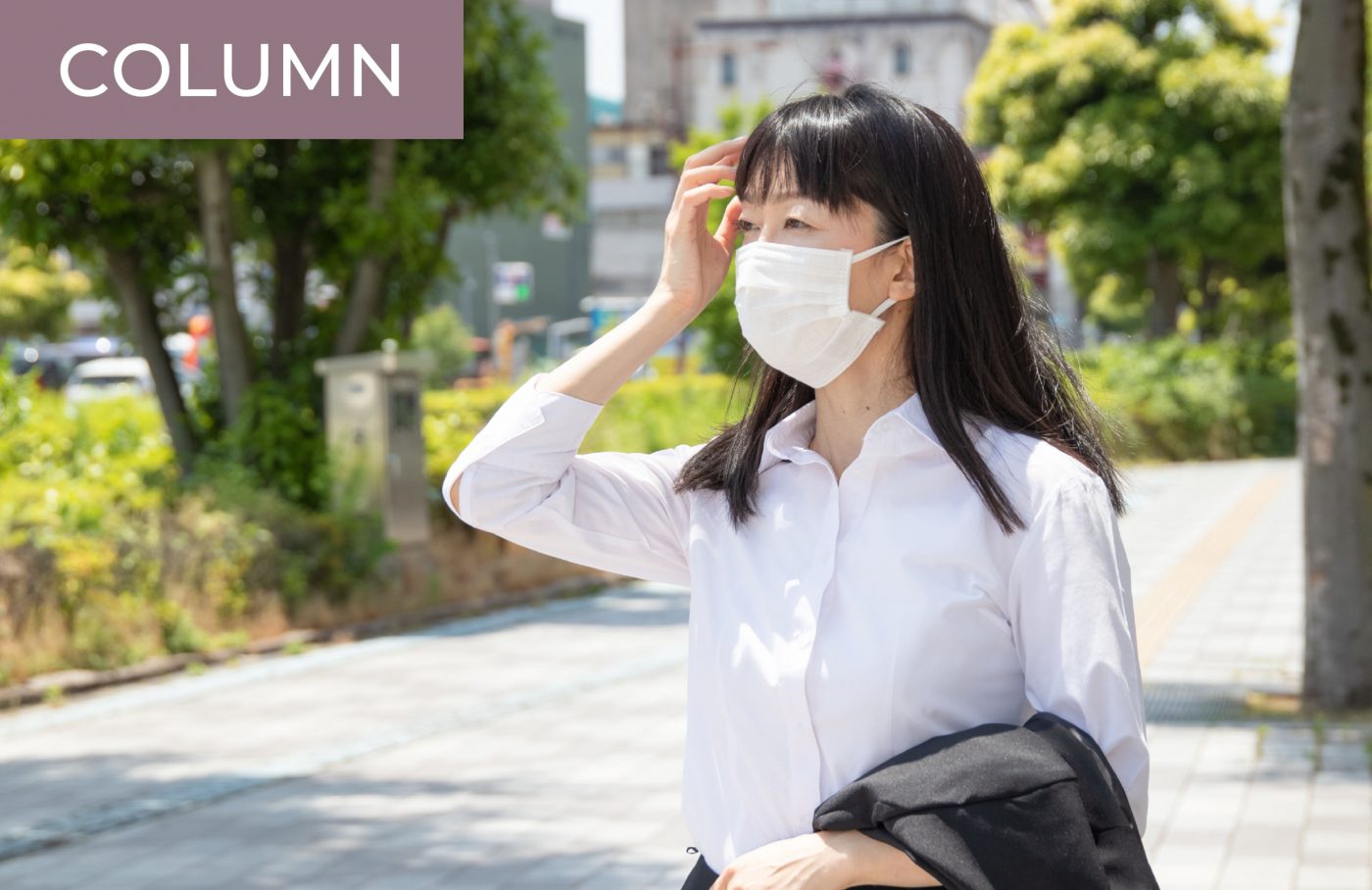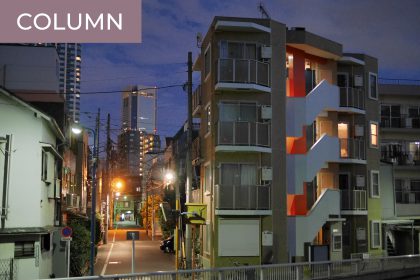The Japanese summer heat, with its high humidity, is famous for being difficult to bear. Japanese people themselves have a hard time coping with it, and “Atsui ne,” [“It’s so hot, isn’t it?”] is the seasonal start of most conversations.
Summer 2020 is an exception in the sense that it is even worse than usual. The country is hit by an enormous heatwave, with temperature records reaching their highest level in a hundred years in some areas. Moreover, the felt temperature can go up to 10 degrees more than the real temperature, due to the humidity. As I am writing, the temperature in Tokyo is 32 degrees Celsius but feels like 39 degrees. Sadly, heatstroke numbers are increasing compared to previous years.
Last week, I was invited to spend a few days at my friend’s place in an old Japanese house in the countryside near Tokyo. There were tatami floors, wooden panels, old furniture, and… no air conditioner. However, ancient Japanese houses were made to accommodate every season. Their large windows on all sides are to be kept open during the summer, and the ensuing breeze made it more bearable than I thought at first. Still, I took special care in drinking at regular hours and making sure to eat well.

When I came back home, a young woman fainted just in front of me at the station. Policemen from the nearby police station immediately rushed to help her. It is a sight I have often seen in Japan during the summer. Since many countries also suffer from a heatwave as I write these words, I thought I would share these essential tips with you:
・Drink plenty of water and make sure to eat sufficiently (When sweating a lot, the required minerals to stay healthy leave your body faster, which may lead to heatstroke.)
・Coffee and alcohol actually lead to dehydration, so moderate your intake.
・Wear light clothing. When outside, wear a hat.
・Take showers or use wet towels to refresh yourself.
・If possible, use air conditioning or electric fans.
・Do not stay under the sun for too long, even if you are in an air-conditioned environment.
・Make sure to take special care of children and elders, whose perceptions of the heat and thirst may differ.
More information on this document by the Japanese Ministry of Health, Labour, and Welfare.
Please stay safe!




